Compared to traditional travel platforms, AI-based platforms offer more interactions and can even help tailor plans to suit travelers' preferences, requirements, and conditions.
In China, more and more travelers are embracing AI to enhance their travel experiences, a trend that has been fueled by the adoption of promising technology by many travel agencies and local tourism authorities.
By 2025, China's tourism industry will have widely applied AI. Major tourism platforms have integrated this technology, while many provinces and cities have also launched AI tourism service platforms with many unique features.
On platforms like Tongcheng, Tuniu, and Trip.com, travelers can make simple requests, such as information on must-see attractions in Shanghai or a multi-day trip to a destination outside of China. With its flexible processing capabilities, AI often provides relevant recommendations within minutes.
Trip.com said that by screening high-quality travel data and combining it with real-time data, it has provided users with comprehensive intelligent services before, during and after their trips. With the help of AI, 80% of requests can be resolved quickly, helping travelers shorten the decision-making time for a trip from about 9 hours to 6.6 hours.
Recently, Chinese localities, especially Guizhou and Shanghai, have deployed AI in tourism consulting activities. Typically, "digital person" Huang Xiao Xi can create personalized travel plans in just a few seconds.
Hu Xiao You, a smart tourism service system deployed by the Shanghai tourism authority, connects in real time with information on business establishments, passenger flow to tourist attractions, traffic conditions, public transportation, and even restroom locations.
AI has enabled the seamless integration of authoritative information from culture and tourism departments with creative and personalized experiences for businesses and tourists, said the Shanghai Culture and Tourism Bureau.
Smart tour guides are also becoming more popular in China, especially in museums. These devices provide users with a personal AI tour guide, at a fraction of the cost of a human tour guide.
In addition to the obvious benefits, AI applications in the tourism sector still have many limitations, such as difficulty in providing information on complex situations such as international driving license certification or emergency handling of vehicle incidents during self-driving travel abroad.
In that context, many major travel platforms are partnering with tech companies to train AI more deeply, reduce errors and improve the reliability of recommendations.
(According to HNMO)
Source: https://baoyenbai.com.vn/226/349828/AI-toi-uu-hoa-trai-nghiem-cua-du-khach-tai-Trung-Quoc.aspx


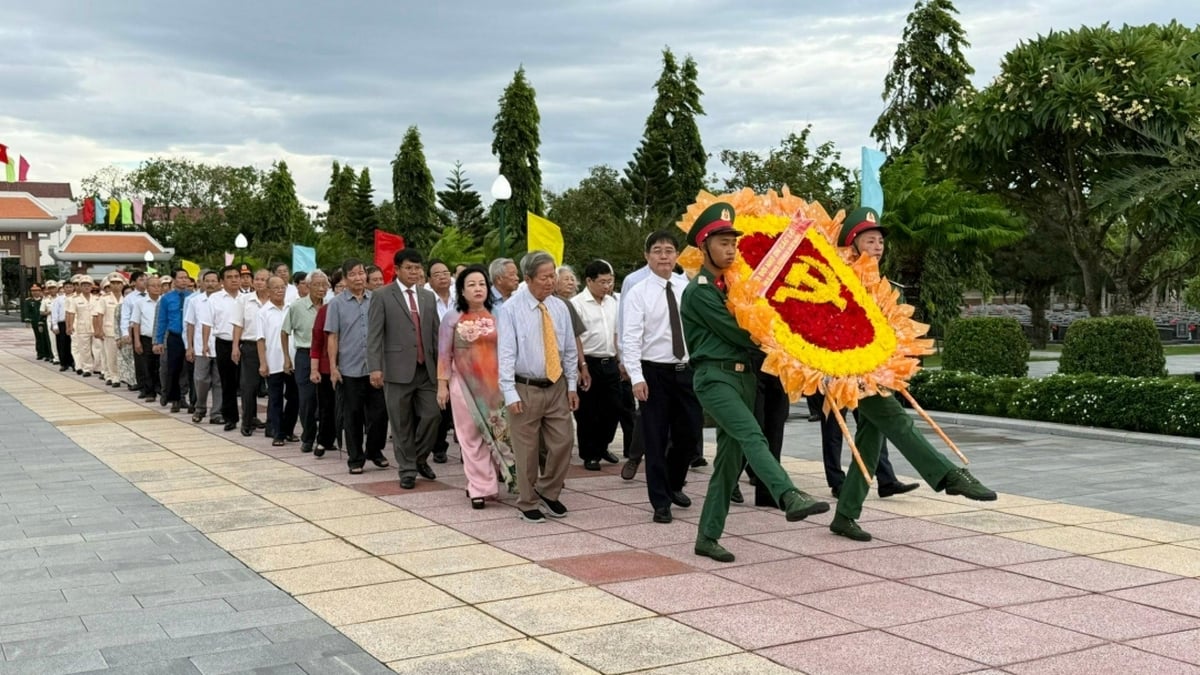



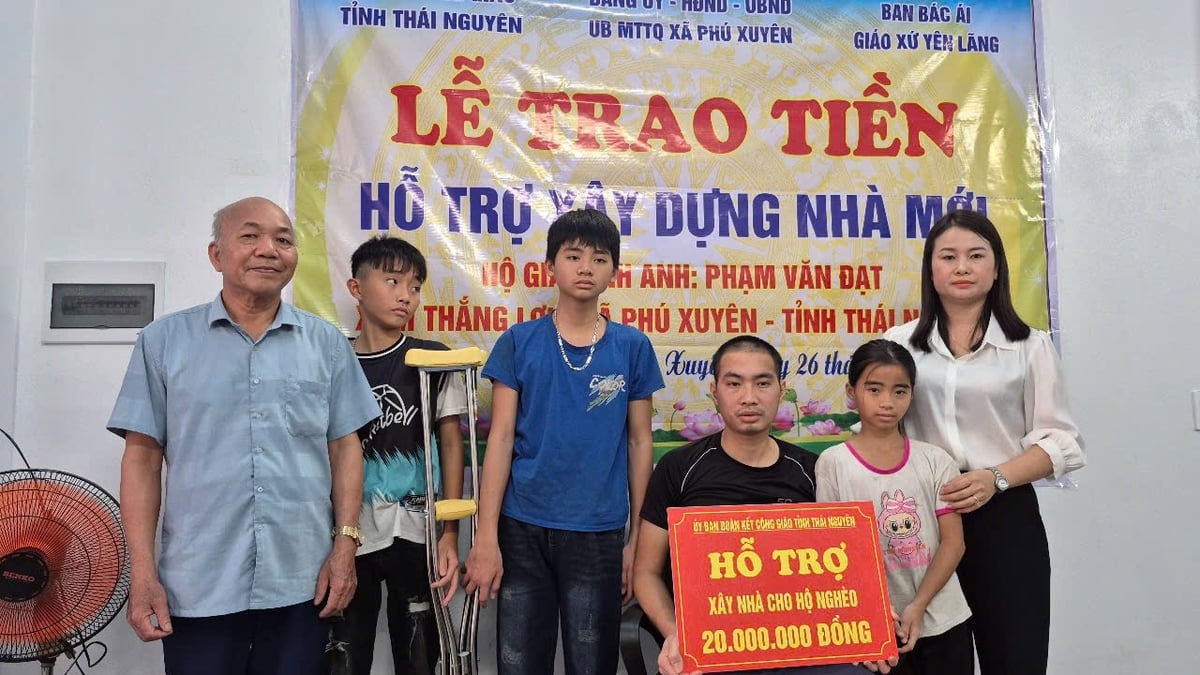


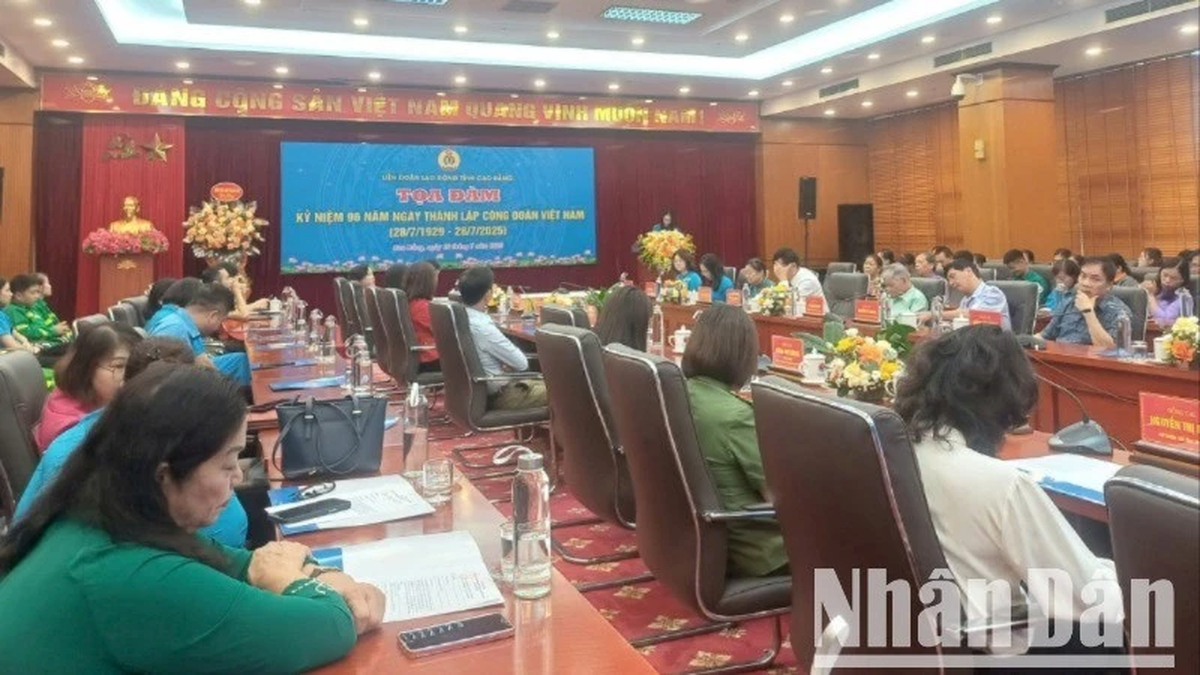

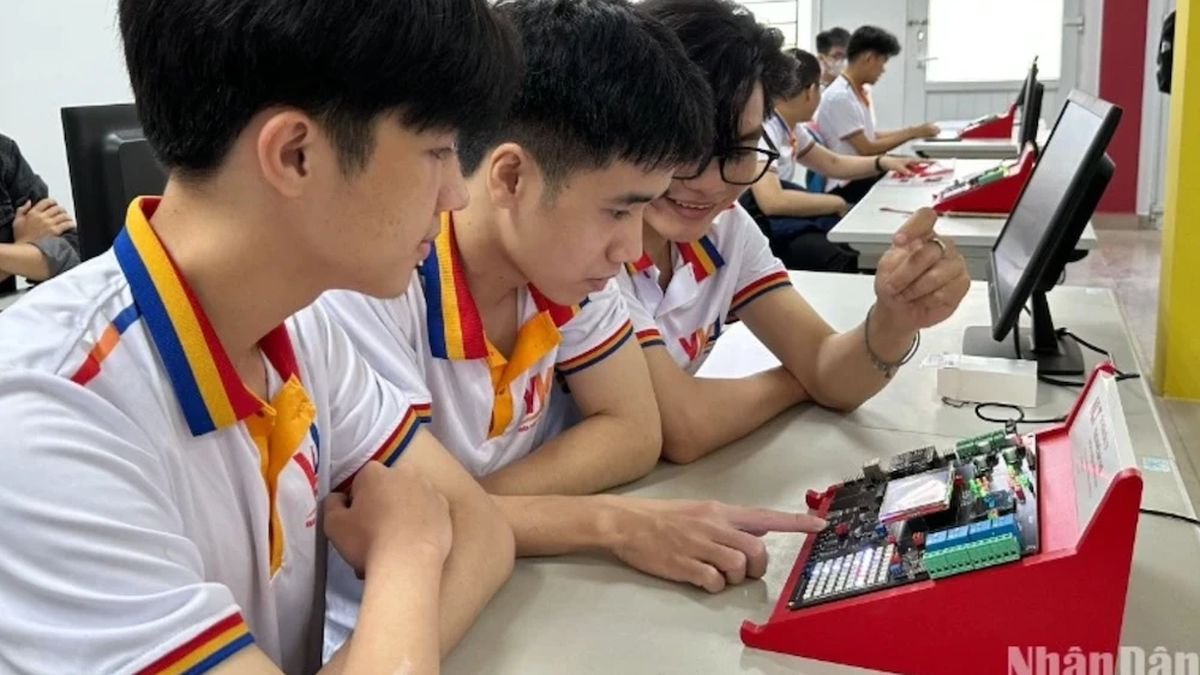












![[Photo] Signing of cooperation between ministries, branches and localities of Vietnam and Senegal](https://vphoto.vietnam.vn/thumb/1200x675/vietnam/resource/IMAGE/2025/7/24/6147c654b0ae4f2793188e982e272651)





































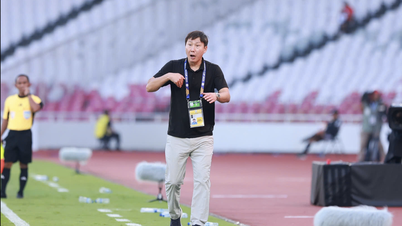




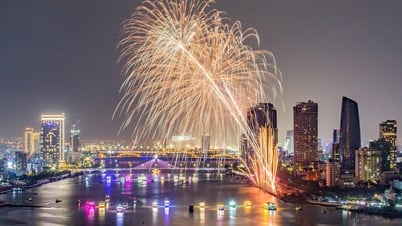

































Comment (0)